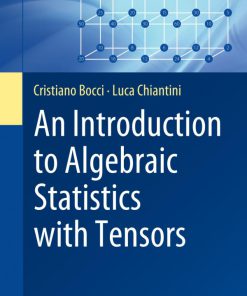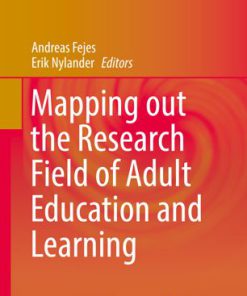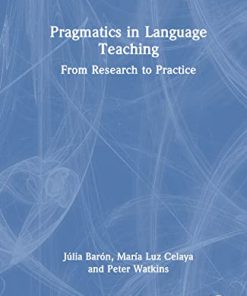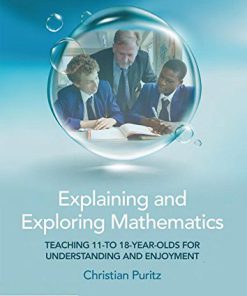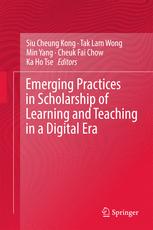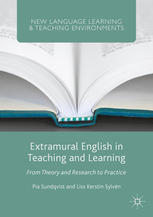Teaching and Learning Algebraic Thinking with 5 to 12 Year Olds The Global Evolution of an Emerging Field of Research and Practice 1st Edition by Carolyn Kieran ISBN 3319683500 978-3319683508
$50.00 Original price was: $50.00.$25.00Current price is: $25.00.
Teaching and Learning Algebraic Thinking with 5- to 12-Year-Olds The Global Evolution of an Emerging Field of Research and Practice 1st Edition by Carolyn Kieran – Ebook PDF Instant Download/Delivery: 3319683500, 978-3319683508
Full download Teaching and Learning Algebraic Thinking with 5- to 12-Year-Olds The Global Evolution of an Emerging Field of Research and Practice 1st Edition after payment
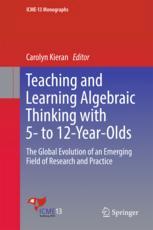
Product details:
ISBN 10: 3319683500
ISBN 13: 978-3319683508
Author: Carolyn Kieran
This book highlights new developments in the teaching and learning of algebraic thinking with 5- to 12-year-olds. Based on empirical findings gathered in several countries on five continents, it provides a wealth of best practices for teaching early algebra. Building on the work of the ICME-13 (International Congress on Mathematical Education) Topic Study Group 10 on Early Algebra, well-known authors such as Luis Radford, John Mason, Maria Blanton, Deborah Schifter, and Max Stephens, as well as younger scholars from Asia, Europe, South Africa, the Americas, Australia and New Zealand, present novel theoretical perspectives and their latest findings.
The book is divided into three parts that focus on (i) epistemological/mathematical aspects of algebraic thinking, (ii) learning, and (iii) teaching and teacher development. Some of the main threads running through the book are the various ways in which structures can express themselves in children’s developing algebraic thinking, the roles of generalization and natural language, and the emergence of symbolism. Presenting vital new data from international contexts, the book provides additional support for the position that essential ways of thinking algebraically need to be intentionally fostered in instruction from the earliest grades.
Table of contents:
Theoretical Perspectives for Developing Early Algebraic Thinking
Chapter 1: The emergence of symbolic algebraic thinking in primary school
Chapter 2: Implementing a framework for early algebra
Chapter 3: New words and concepts for early algebra teaching: Sharing with teachers epistemological issues in early algebra to develop students’ early algebraic thinking
Chapter 4: Seeking, using, and expressing structure in numbers and numerical operations: A fundamental path to developing early algebraic thinking
Chapter 5: Cultivating early algebraic thinking
Learning to Think Algebraically in Primary and Lower Middle School
Chapter 6: Characteristics of Korean students’ early algebraic thinking: A generalized arithmetic perspective
Chapter 7: Function tasks, input, output, and the predictive rule: How some Singapore primary children construct the rule
Chapter 8: Algebraic understanding of equalities in primary classes
Chapter 9: Observations of structure within shape patterns
Chapter 10: Generalizing fractional structures: A critical precursor to algebraic thinking
Chapter 11: First encounter with variables by first and third grade Spanish students
Teaching for the Development of Early Algebraic Thinking
Chapter 12: Making implicit algebraic thinking explicit: Exploiting national characteristics of German approaches
Chapter 13: Early algebra as analysis of structure: A focus on operations
Chapter 14: How early is too early for thinking algebraically?
Chapter 15: Cycles of generalizing activities in the classroom
Chapter 16: Scaffolding teacher practice to develop early algebraic reasoning
Chapter 17: Preservice teachers’ knowledge to teach functional thinking
People also search for:
teaching and learning
teaching and learning about cognitive process
teaching and learning of concept
teaching and learning of science
teaching and learning of english
Tags: Carolyn Kieran, Teaching and Learning, Algebraic Thinking with 5, to 12 Year Olds The Global
You may also like…
Science (General)
An Introduction to Algebraic Statistics with Tensors Cristiano Bocci
Education Studies & Teaching - Teaching - Reading & Language
Education Studies & Teaching - School Education & Teaching
Education Studies & Teaching
Biography & Autobiography
Learning Fencing A Training and Activity Book for 6- to 10- Year-Olds Barth
Cookbooks
Meathooked the history and science of our 2 5 million year obsession with meat 1st Edition Zaraska
Education Studies & Teaching




